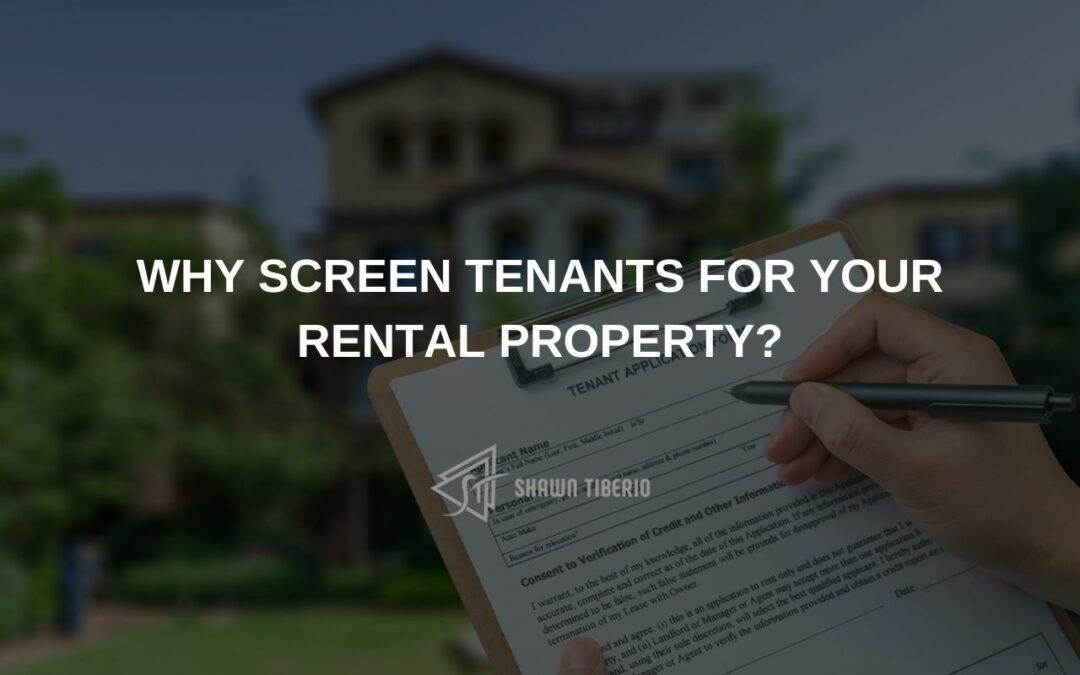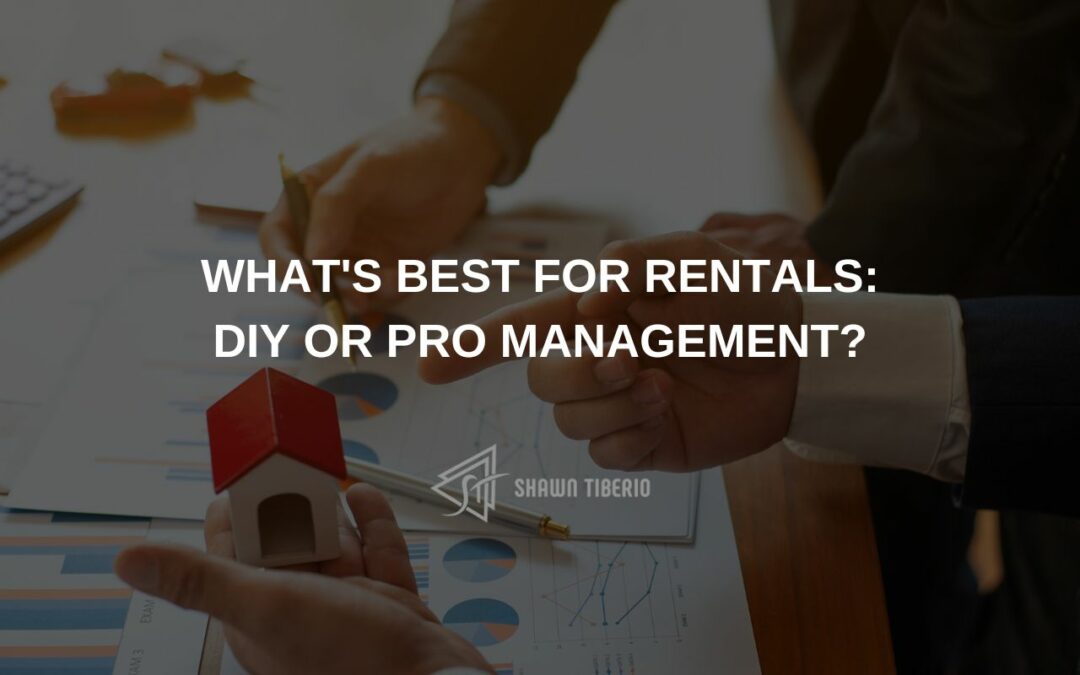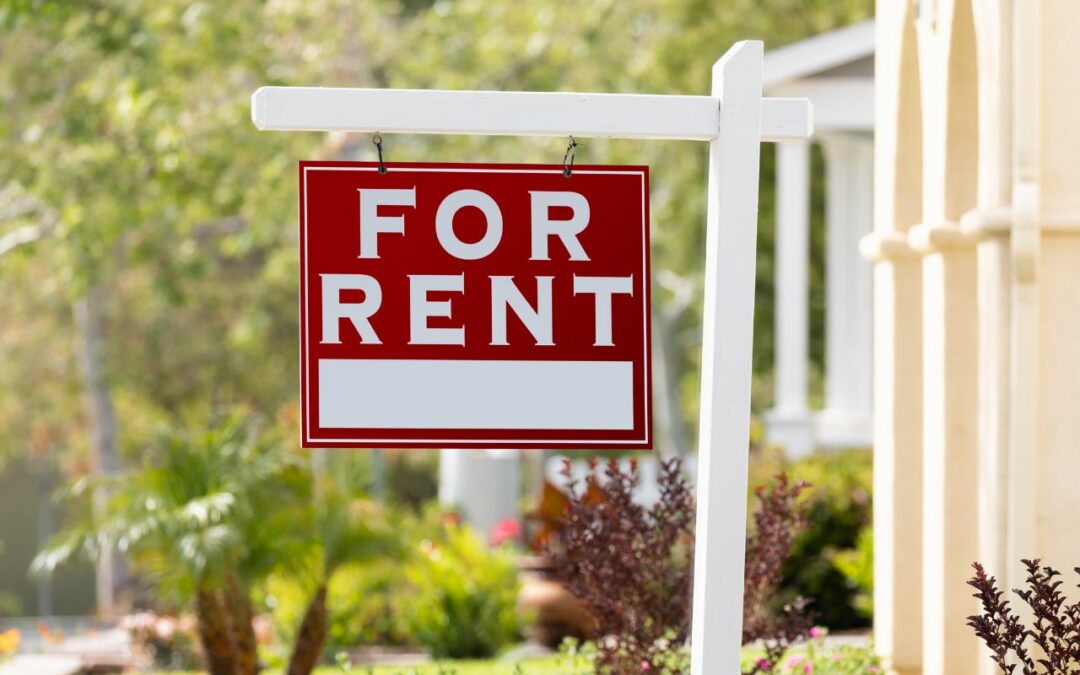Considering DIY or hiring for rental management? Make an informed decision with these tips: weigh pros and cons, assess financial implications, understand legal duties, plan for time commitments, prioritize tenant relations, and develop maintenance strategies. Each aspect affects your success. Managing well requires thorough knowledge and dedication.
Key Takeaways
- Conduct a thorough cost analysis before deciding to self-manage.
- Establish clear tenant communication strategies for positive relationships.
- Implement preventative maintenance to avoid costly repairs in the future.
- Develop a network of reliable contractors for efficient property maintenance.
- Adhere to legal responsibilities and fair housing laws for effective management.
Pros and Cons of DIY Management
When contemplating the pros and cons of managing your rental property yourself, it’s vital to weigh the benefits of full control and potential cost savings against the time and effort required to handle all aspects of property management. One notable advantage of DIY rental management is the potential for cost savings. By taking a hands-on approach, you can eliminate the need to pay a property management company, which typically charges a percentage of the rental income. This cost-saving aspect can have a substantial impact on your bottom line over time, especially if you have multiple properties in your portfolio.
Additionally, hands-on involvement in managing your rental property allows you to have full control over every decision. You can personally vet and select tenants, set rental rates, and handle property maintenance and repairs according to your preferences and schedule. This level of control can be empowering for property owners who want to be directly involved in every aspect of their investment.
However, it’s important to contemplate the time and effort required for successful DIY rental management. Managing a rental property involves various tasks, such as marketing vacancies, responding to tenant inquiries, conducting property inspections, handling maintenance requests, and addressing any legal issues that may arise. This hands-on approach demands a significant time commitment and the ability to juggle multiple responsibilities effectively.
Financial Considerations
Considering the financial implications of handling your rental property is essential for making informed decisions about whether to take on the responsibility yourself or hire a professional management service. Budget planning plays a pivotal role in determining the feasibility of managing the property independently. Before starting on the DIY route, conduct a thorough cost analysis to determine if it aligns with your financial capabilities.
Budget planning involves outlining all potential expenses associated with rental property management. This includes maintenance costs, property taxes, insurance, advertising, and emergency repairs. By creating a detailed budget, you can gain a clear understanding of the financial commitment required to effectively manage the property.
Cost analysis is a critical element of the decision-making process. Compare the expenses associated with self-management against the fees charged by professional management services. Take into consideration your time commitment, expertise, and resources needed to manage the property efficiently. Sometimes, the cost of hiring a professional service may outweigh the financial benefits of managing the property yourself.
Legal Responsibilities
To effectively manage a rental property, understanding and fulfilling legal responsibilities is essential for ensuring compliance and protecting your interests as a landlord. One critical aspect of legal responsibilities is tenant screening. Conducting thorough background checks on potential tenants can help you select reliable individuals who are likely to pay rent on time and take care of the property. This process can involve looking into credit history, rental history, employment status, and any past evictions.
Another important legal aspect is creating solid lease agreements. Lease agreements should clearly outline the terms of the tenancy, such as the duration of the lease, rent amount, security deposit details, and rules regarding property maintenance and use. It’s important to make sure that your lease agreements comply with local landlord-tenant laws and include all necessary clauses to protect your rights as a landlord.
Additionally, understanding fair housing laws is crucial to prevent discrimination against potential tenants based on protected characteristics such as race, gender, religion, or disability. Violating fair housing laws can lead to costly legal issues and damage your reputation as a landlord. By staying informed about legal responsibilities, including tenant screening and lease agreements, you can effectively manage your rental property while staying compliant with the law.
Time Commitment
Managing the time commitment required for rental management can be an important factor in determining whether to handle the responsibilities yourself or hire a professional. Time management is vital in balancing the various tasks associated with rental management, such as property maintenance, tenant communication, and financial record-keeping. By taking on these responsibilities, you need to be prepared for the time investment it entails.
Effective time management can help alleviate stress levels associated with rental management. Juggling your regular job, personal life, and rental property can be overwhelming without proper organization. You must consider how much time you can realistically dedicate to rental management without sacrificing your work-life balance.
On the other hand, hiring a professional property manager can help you maintain a better work-life balance. They can take on the day-to-day tasks of rental management, allowing you to focus on your career and personal life. While this option involves a financial investment, it can free up your time and reduce stress levels significantly.
Ultimately, whether you choose to manage your rental property yourself or hire a professional, consider the personal investment required regarding time and its impact on your overall well-being. Balancing your commitments effectively is key to successful rental management.
Tenant Relations
When fostering positive relationships with tenants, open communication and mutual respect are essential for successful rental management. To maintain harmonious tenant relations, implementing effective communication strategies is critical. Regularly updating tenants on property matters, responding promptly to inquiries or concerns, and providing clear guidelines for expectations can help establish a solid foundation for a positive landlord-tenant relationship.
Conflict resolution is another important aspect of tenant relations. It’s essential to address any issues or disputes in a timely and professional manner. When conflicts arise, listen actively to your tenants’ concerns, show empathy, and work together to find mutually acceptable solutions. By demonstrating a willingness to resolve conflicts amicably, you can enhance trust and goodwill with your tenants.
Establishing boundaries and setting clear policies from the outset can also contribute to smoother tenant relations. Clearly outline expectations regarding rent payments, property maintenance responsibilities, and behavior guidelines. Consistency in enforcing these policies can help prevent misunderstandings and minimize potential conflicts down the line.
Maintenance and Repairs
When overseeing a rental property, it’s essential to stay on top of scheduled maintenance tasks to make sure the property remains in good condition.
Understanding emergency repair procedures and having a plan in place can help you address unexpected issues promptly.
Scheduled Maintenance Tasks
Consider establishing a regular maintenance schedule to keep your rental property in top condition and prevent costly repairs. Implement preventative measures such as inspecting and cleaning gutters, HVAC system maintenance, checking for leaks, and changing air filters regularly. By staying proactive, you can identify issues early on and address them before they escalate, ultimately saving you repair costs in the long run.
Keep track of when tasks were last completed, create a maintenance calendar, and set reminders to guarantee timely upkeep. Additionally, consider hiring professionals for specialized tasks like annual roof inspections or servicing appliances to maintain their longevity.
Regular maintenance not only preserves the value of your property but also ensures a comfortable and safe living environment for your tenants.
Emergency Repair Procedures
To guarantee prompt and effective resolution of unexpected maintenance issues, establish a clear protocol outlining emergency repair procedures for your rental property. When faced with emergencies, such as a burst pipe or electrical failure, quick action is vital.
Consider hiring contractors for specialized repairs that require expertise beyond your skill set. Research and establish relationships with reliable professionals beforehand to make sure swift assistance when needed.
However, for minor issues like a leaky faucet or a stuck window, having a set of basic DIY solutions can be handy. Provide tenants with clear instructions on how to handle common small repairs to prevent escalation.
Frequently Asked Questions
What Are Some Common Mistakes Landlords Make When Managing Their Own Rental Properties?
When managing your rental properties, it’s important to avoid common mistakes like inadequate tenant screening leading to problematic tenants.
Failure to enforce lease terms promptly can create issues.
Poor communication can result in misunderstandings and disputes.
Eviction processes can be challenging if not handled correctly.
Stay vigilant in these areas to maintain a smooth and successful rental property management experience.
How Can Landlords Protect Themselves From Potential Legal Issues When Managing Rental Properties?
Start by prioritizing thorough tenant screening and precise legal document preparation.
Mitigate risks by crafting solid lease agreements that cover all bases.
Remember, proactive measures like these can save you headaches down the line.
How you handle legal aspects can make all the difference in a smooth landlord-tenant relationship.
What Are Some Strategies for Handling Difficult Tenants and Resolving Disputes?
When dealing with difficult tenants, effective conflict resolution is key. Open communication, addressing issues promptly, and seeking amicable solutions are essential.
Prioritizing tenant screening to avoid potential conflicts from the start is vital. Clear lease agreements outlining rights and responsibilities can help prevent disputes.
Remember to document all interactions and agreements for legal protection. Maintaining professionalism and patience in resolving conflicts can lead to smoother tenant relationships and successful rental management.
How Can Landlords Effectively Handle Maintenance and Repair Issues to Ensure Tenant Satisfaction?
Ensuring tenant satisfaction through effective maintenance and repair handling involves clear tenant communication and proactive property inspections. By scheduling regular maintenance and addressing repair issues promptly, you can maintain a positive relationship with your tenants.
Budget planning is essential for managing maintenance costs efficiently. Remember, proactive maintenance not only guarantees tenant satisfaction but also helps in preserving the value of your rental property.
What Are Some Tips for Successfully Managing Multiple Rental Properties at Once?
When managing multiple rental properties, it’s essential to streamline tenant screening processes to find reliable renters and reduce turnover. Clear and detailed lease agreements can help set expectations and minimize disputes.
Implementing efficient communication channels and organizing maintenance schedules are key to staying on top of property upkeep. Utilize technology for rent collection and tracking expenses to maintain financial stability across all properties.
Consistent oversight and proactive problem-solving will guarantee successful management.
Final Thoughts
When determining between DIY rental management and hiring a professional, evaluate the pros and cons carefully. Consider your financial situation, legal responsibilities, time commitment, tenant relations, and maintenance needs.
Remember, as the saying goes, ‘don’t take on more than you can handle.’
By taking these factors into consideration, you can make an informed decision that best fits your needs and guarantees successful rental management.












